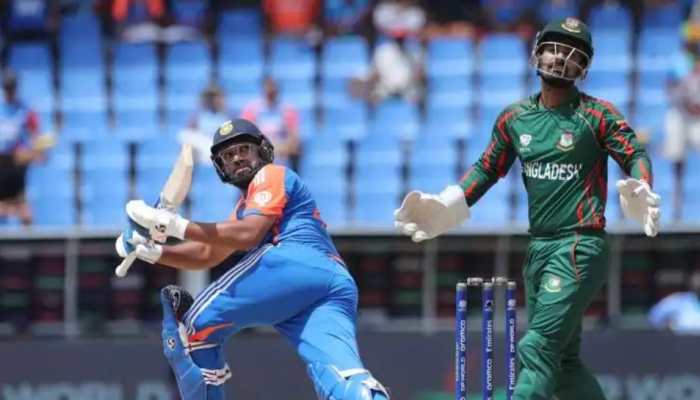Why Did BJP Choose Rekha Gupta As Delhi CM? 5 Key Reasons Explained
Delhi BJP CM Name: Following the BJP’s victory in the Delhi Assembly elections where the party won 48 seats defeating the Aam Aadmi Party, speculation was rife about who would be the party’s chief ministerial face. Several prominent leaders, including Manoj Tiwari and Parvesh Verma, were in the running, but ultimately, the party chose Rekha Gupta. With her appointment, the BJP has achieved multiple political objectives simultaneously, impacting not just North India but also Bengal.
1. Woman Card
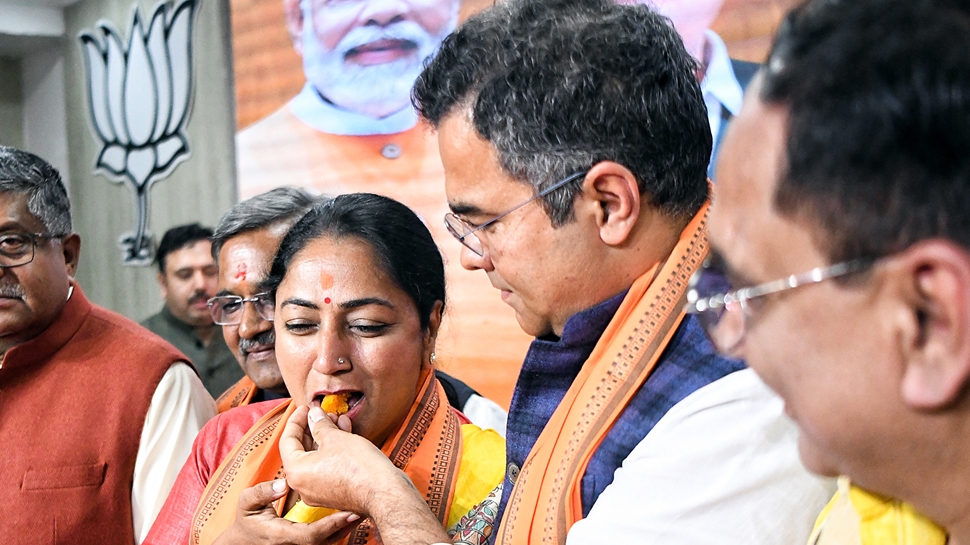)
One of the biggest reasons behind Rekha Gupta’s appointment is her identity as a woman leader. She becomes the fourth woman CM of Delhi, following in the footsteps of Sushma Swaraj (October–December 1998), Sheila Dikshit (1998–2013), and AAP's Atishi. By choosing a woman CM, the BJP aims to counter the Trinamool Congress' claim that West Bengal is the only state with a woman leader. Now, India has two women chief ministers—one in Delhi and one in Bengal—bolstering BJP’s gender representation narrative.
2. Vaishya Community
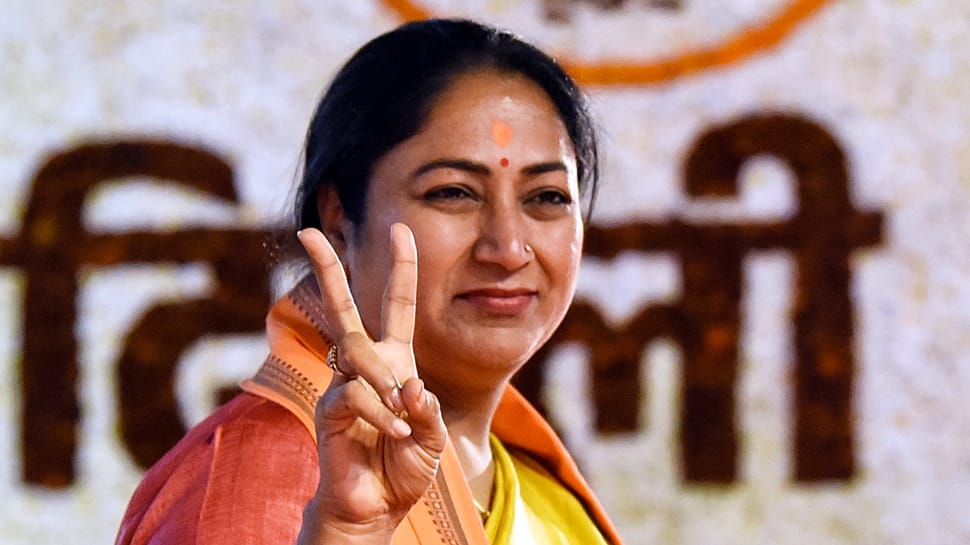
With Rekha Gupta as CM, the BJP has strategically reached out to the Vaishya Community and Other Backward Classes (OBC) community. Rekha Gupta comes from the Vaishya community, just like Arvind Kejriwal. In Delhi, Vaishya voters make up around 8%, and this decision is expected to have an impact in Bihar as well. The Vaishya community is primarily engaged in business, trade, and related activities. Additionally, nearly 30% of Delhi’s population is associated with the business class, which will benefit the BJP.
3. Bihar Elections in Focus
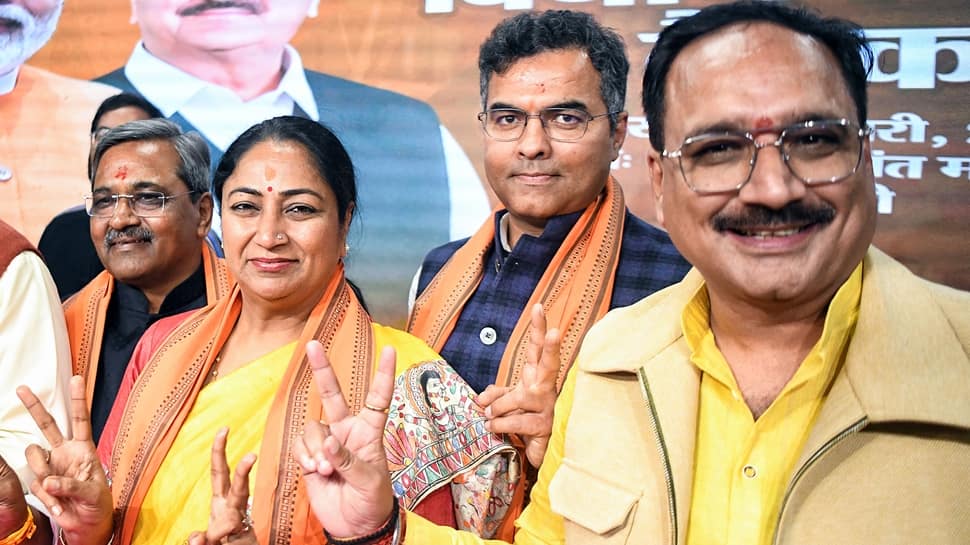
Rekha Gupta’s appointment is expected to have political ramifications beyond Delhi, particularly in Bihar, which is set to hold Assembly elections this year. OBC voters make up around 63% of Bihar’s electorate, a demographic that the Rashtriya Janata Dal (RJD) has traditionally dominated. By elevating an OBC leader in Delhi, the BJP aims to weaken RJD’s hold and expand its influence in Bihar’s upcoming elections.
4. Strategic Move for UP
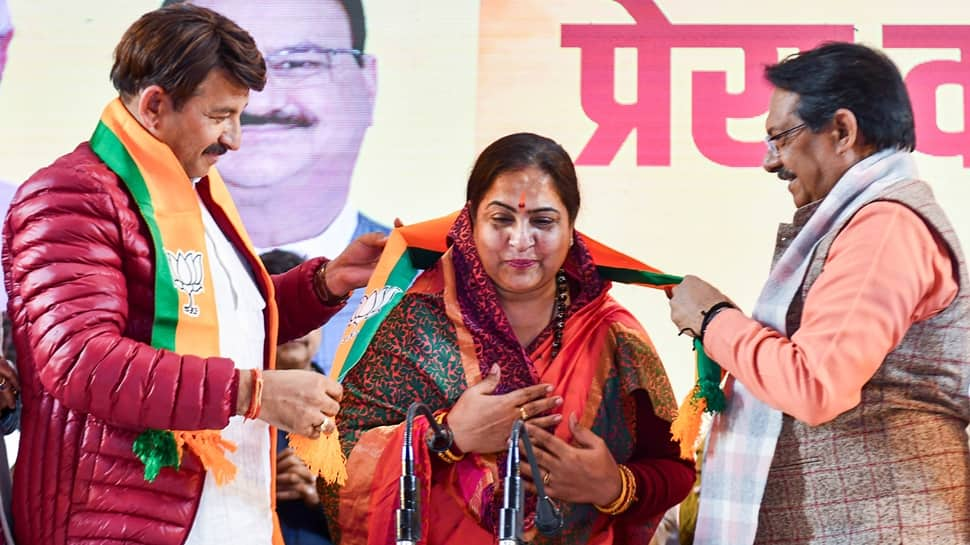
Beyond Bihar, the BJP is also looking at Uttar Pradesh, another state where OBC voters hold significant sway. In UP, OBCs constitute nearly 52% of the electorate, with 43% belonging to non-Yadav communities—a group that the Samajwadi Party has traditionally relied on. By positioning an OBC face in Delhi, the BJP aims to consolidate its support among this voter base and further diminish the SP’s influence in the state.
5. Strong RSS Background
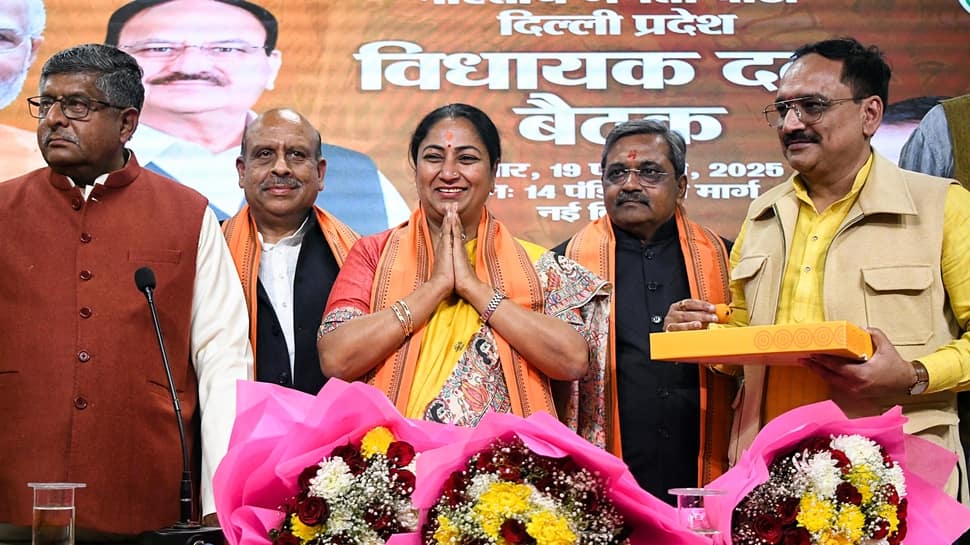
Rekha Gupta has a long-standing connection with the Rashtriya Swayamsevak Sangh (RSS), spanning over three decades. She has been active in student politics since her early years and has worked extensively with the BJP’s student wing, Akhil Bharatiya Vidyarthi Parishad (ABVP). In 1996-97, she served as the President of the Delhi University Students’ Union and later held key positions in the BJP, including General Secretary of the Delhi BJP Mahila Morcha and a member of the party’s National Executive. Her RSS affiliation further solidifies her credentials within the BJP’s ideological framework.
National Implication
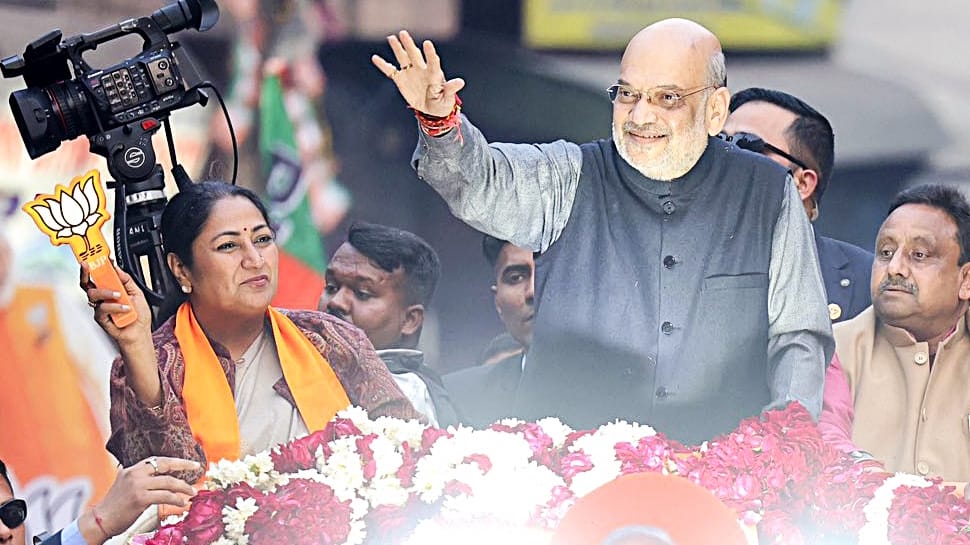
With these factors in play, the BJP’s decision to appoint Rekha Gupta as Delhi’s CM is not just about governance but also a carefully calculated political move with broader national implications where the BJP will portray itself as the women-centric party.
Trending Photos



